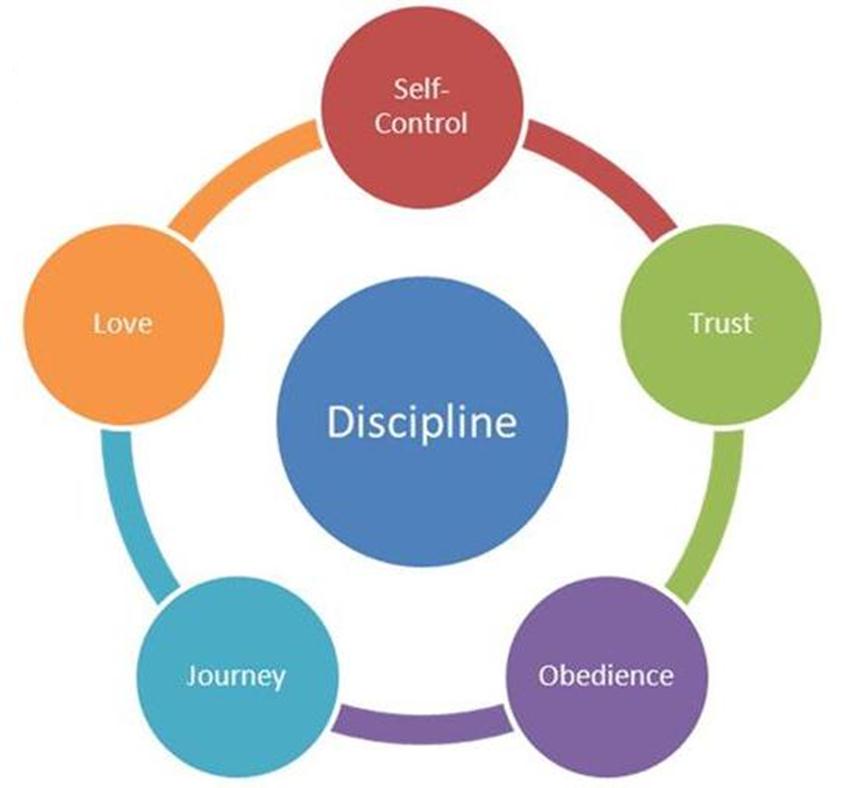How to Discipline your Child Correctly

Discipline Within the Blended Family
As a new stepdad, one of the most important issues you and your wife will face is your role in the discipline of her children. This role should be one of things discussed and agreed upon before you’re married. Initially, your wife should be responsible for the discipline of her children. As you develop a closer relationship and bond with your stepchildren, you can begin moving into the role of disciplinarian.
Disciplining without a relationship and bond will build anger and resentment in your stepchildren and foster the perception of you as a mean, evil stepfather in the mind of your stepchild. With that said there will be instances where you may be alone with your stepchildren and you will need to begin disciplining sooner rather than later. The children will need to understand your role as an adult in their lives and your wife has given you the moral authority to exercise discipline with her children.
When the time comes to exercise discipline with your stepchildren consider the following advice by guest poster, Paul Smith.
It is difficult raising your child correctly into a person of values and character. If children were born with an users’ manual, it might be easier to deal with them. Unfortunately, we find ways of correct up-bringing by ourselves, make mistakes and pick the most correct and effective methods. I’ve analyzed different writings of psychology and have found out some advice, which, I think, will be appropriate for you and make use of successfully.

You may not take discipline seriously, but it is important for your child as much as good nutrition, education, training etc. It is important for you to realize, if you don’t train it in your child’s character it will be difficult for him to live and navigate his way successfully in the society. I have some firm arguments in favor of discipline. If you will not instill discipline, your child won’t consider any boundaries and it will be damaging primarily for him. He will:
* not earn or keep another’s trust and will have the reputation of an irresponsible person,
* be an unpleasant company for his friends, if he has any, because of his selfishness, which will be developed because of the lack of discipline,
* lack self-control,
* not respect his parents and other authority figures,
* not realize what is considered normal behavior,
* not have the social skills, which are important for good human relations,
* possibly join the negative company, which will be harmful for him, and
* be simply unhappy.
If you love your child and appreciate him in your life, then make efforts to bring up a worthy person, who will be an irreplaceable part of society. To achieve this goal, discipline plays an important role, so here are some pieces of advice for you to take more care of your precious child.
Be an Example
Remember, from the very beginning of life, children follow the behavior which they observe. So, try to be an example for your child and prove your words with the actions. You won’t gain the result if you will teach him the things you don’t follow by yourself. Moreover, you can demonstrate vividly the positive consequences of submitting to discipline which will encourage your child to behave correctly.
Coordinate the Reaction with the Other Parent
It won’t bring you the wanted result, if the things which you forbid, will be allowed by the other parent. Both of you should react equally to the undisciplined behavior, come to cooperation and be firm in your arguments, which should coincide with the other parent.
Distinguish Discipline from Punishment
These are two different things, although they have much in common. Discipline may include the punishment only when you pursue some serious and profound aims. Remember, discipline teaches your children to distinguish bad choices from good ones. Discipline also helps them to improve their self-control – an essential element of good character.
Talk to Your Child
It will be much easier to solve the problems with your child if you will listen to his opinion. It is a very important factor for both of you, just talk a little bit, ask about the things that make him sad, and start bringing up the point further. Don’t get angry or annoyed while talking to your child – listen attentively and show him his opinion is something very important to you.
Set Appropriate Limits
Limits train discipline greatly, but you shouldn’t exaggerate while setting them. You can repeat them as many times as you need to assure your child that these actions are wrong. Limits involve certain rules, which child should follow. Be consistent with your restrictions and don’t let your children make you change your decision. If there is certain rule, it should be followed in any situations, if the child’s crying change your mind – it won’t make good for both of you.

Give a Choice to Your Child
It is an effective technique in determining the discipline. The choice can be slight and unimportant, but it will show your child you value and will consider their opinion. Consequently, they feel their significance and independence. Moreover, children which make the choice in the early age is better prepared to make a difficult decision in the future.
A disciplined child behaves well out of the home, easily makes friends and is considered to be good company. He deserves responsible tasks, which you are not afraid to give him. There are less chances that your child will be a part of a bad company. Unfortunately, drugs, alcohol and cigarettes are widespread among the youngsters, so attain the guarantees that it won’t be your child to join it.






